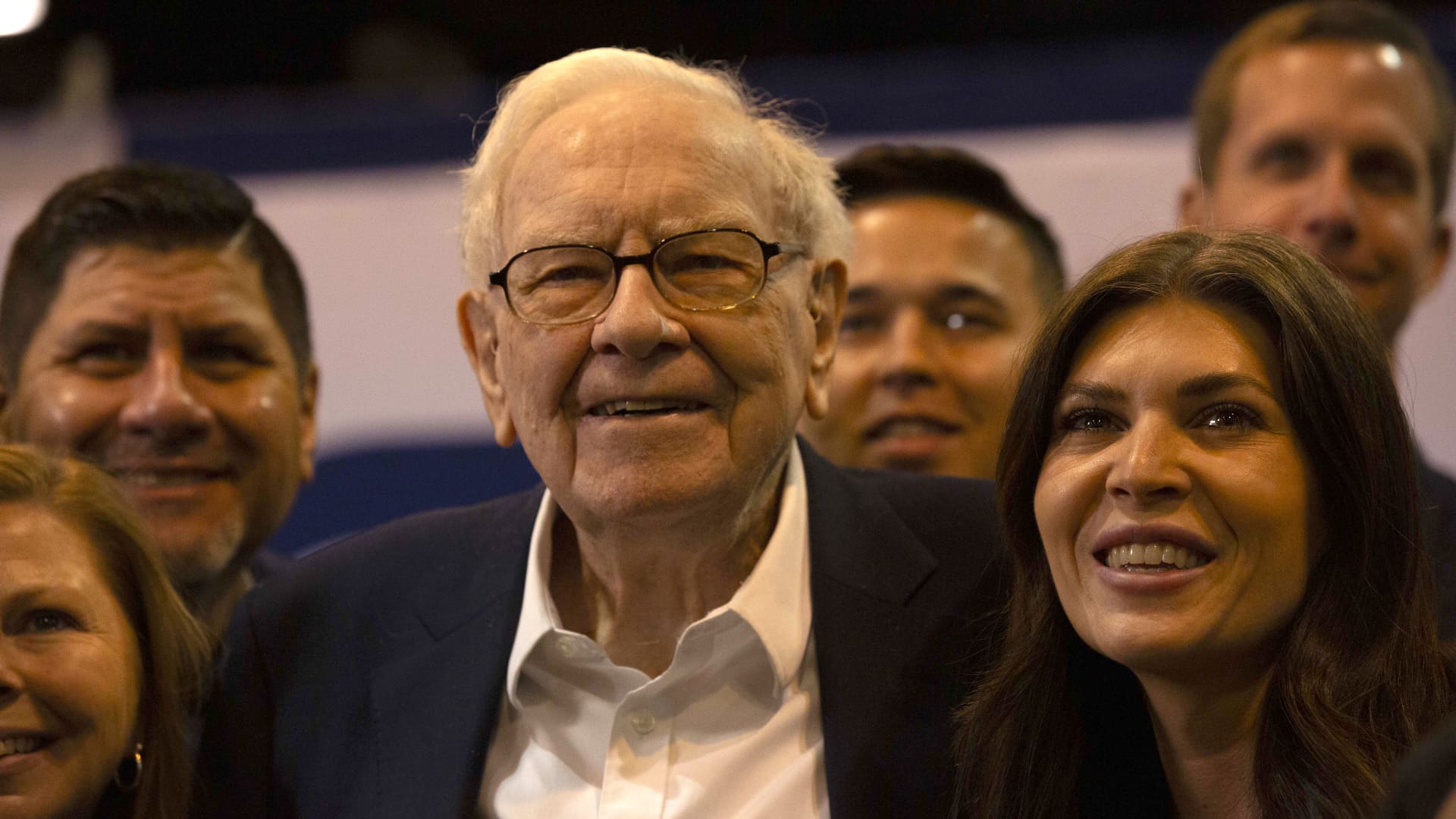South Korea’s opposition leader Lee Jae-myung wins presidential election


President-elect Lee Jae-myung arrives to attend a public vote count broadcast event hosted by the Democratic Party near the National Assembly in Yeouido, Seoul, South Korea, on June 4, 2025.
Nurphoto | Nurphoto | Getty Images
South Korea’s opposition party leader Lee Jae-myung was elected the new president in a snap election, marking a turning point for the country after months of turmoil following former leader Yoon Suk Yeol’s botched martial law imposition.
Lee won with 49.42% of the votes, defeating the conservative candidate Kim Moon Soo’s share of 41.15%, according to the final count released by the National Election Commission.
The Democratic Party candidate will be sworn in as president at the National Assembly at 11 a.m. local time, Yonhap News reported, and assume office from the current acting president Han Duck-soo immediately, skipping the 60-day transition period during regular election cycles.
Lee will take over the helm for the next five years and determine the trajectory of South Korea’s trade negotiations with the U.S. and its policies toward China and North Korea.
The country’s Kospi index jumped over 2% to a 10-month high Wednesday morning, according to LSEG data, tracking to enter a bull market, defined as a 20% jump from a recent low. The South Korean won strengthened modestly to 1,376.3 against the U.S. dollar.
Yoon was impeached after his short-lived declaration of martial law last December and was removed from office by the country’s Constitutional Court in April. This triggered the snap presidential election.
Lee, who lost to Yoon by a razor-thin margin in the 2022 presidential election, held a sizable lead in opinion polling ahead of the election. His eligibility for the presidency was in doubt after he was charged with breaching election laws, but a final ruling on the case was postponed until after the election by South Korea’s High Court.
Eurasia Group said that, while Lee had shifted his stance to the political center in a bid to attract independent and centrist votes, he is likely to pursue a more left-leaning agenda in office.
“Key watchpoints include the size of a second supplementary budget and Lee’s approach to U.S. tariff negotiations,” the consultancy added.
Lee will contend with the dual challenges of reviving South Korea’s economy and completing a “package” agreement with the U.S. by July, Eurasia said.
“However, he has signaled a desire to move more slowly in talks with Washington and will likely seek to benchmark Korea’s deal against the terms negotiated by other countries, including Japan, before finalizing an agreement,” Eurasia noted.
Lee had reportedly said on May 25 that the deadline for tariff talks with the U.S. should be extended. Seoul and Washington had agreed to craft a package of deals on tariffs by July 8.

U.S. Secretary of State Marco Rubio congratulated Lee on his election win in a statement and said the two countries “share an ironclad commitment to the Alliance grounded in our Mutual Defense Treaty, shared values, and deep economic ties.”
Concerns are mounting in Seoul over the credibility of U.S. security commitments, as the U.S. Forces Korea reportedly considers reducing troop levels below 20,000 for the first time, said James Brady, vice president of political risk consultancy Teneo, anticipating “difficult negotiations” over increased host-nation support payments.
U.S. President Donald Trump has signaled his intent to pressure South Korea to pay more for the deployment of American troops.
Separately, Goldman Sachs noted that Lee advocates fiscal support for strategic industries and enhancing equity markets through governance reforms.
Lee will likely prioritize “a swift formation of a new cabinet” and focus on passing expansionary fiscal budgets later this year, the investment bank said in a note on Tuesday, citing the cyclical downturns and trade headwinds.
Goldman assessed that monetary easing by the Bank of Korea will likely partly offset the gap in fiscal policy, forecasting a terminal policy rate of 2.25% at year-end. The BOK had recently cut rates last week to 2.5%, its lowest level since August 2022, on expectations that the economic growth could “decline considerably.”
The South Korean won is likely to appreciate against the greenback on “declining policy uncertainties” after the formation of a new government and broad U.S. dollar weakness against Asian currencies, Goldman added.









